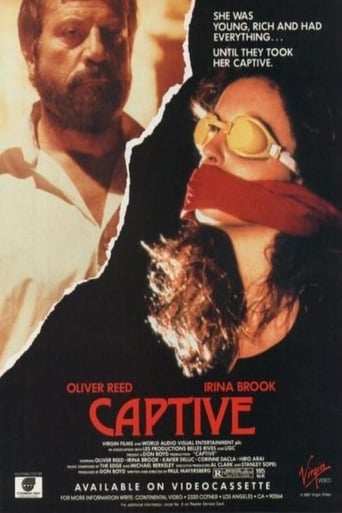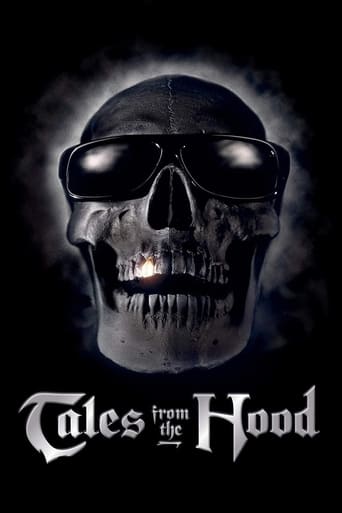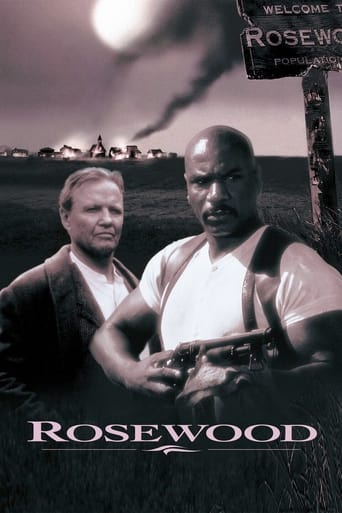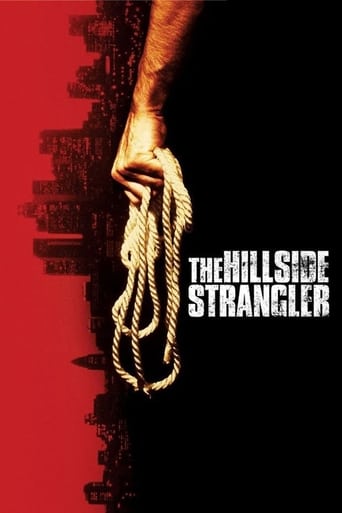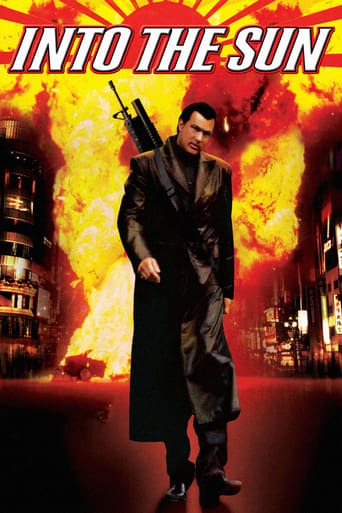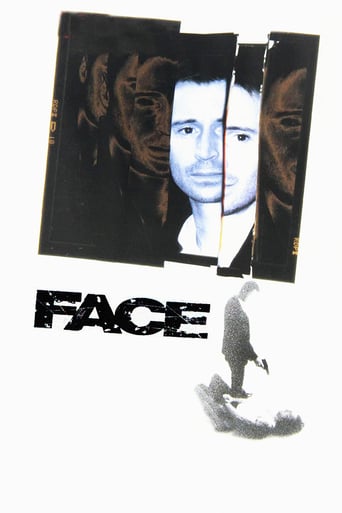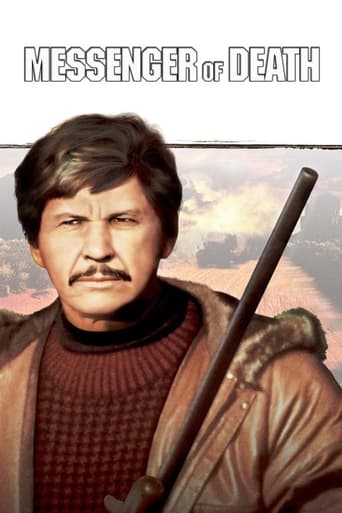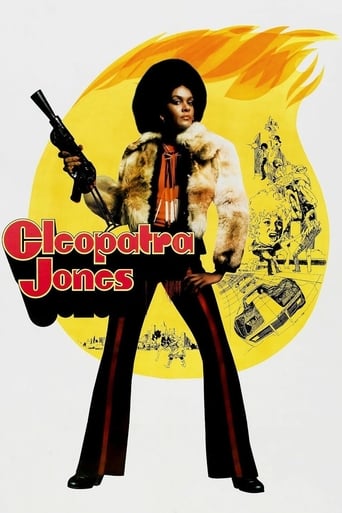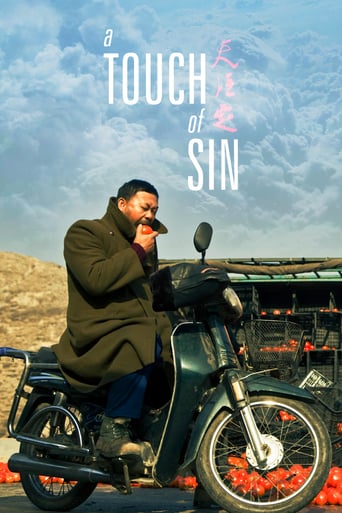

A Touch of Sin (2013)
Four independent stories set in modern China about random acts of violence.
Watch Trailer
Cast


Similar titles
Reviews
A TOUCH OF SIN is a hard-hitting anthology from mainland China, looking at how social issues can lead to sudden bursts of unexpected and extreme violence. It's completely unlike the majority of Chinese mainstream movies, mostly concerned with propaganda and promoting Chinese values; this is much grittier, more downbeat, to the degree that it becomes completely nihilistic.It's also a fine piece of cinema and thoroughly compelling. There are four stories here in which various injustices lead to violence, and of these the opening story, a DEATH WISH-style effort in which Jiang Wu's sympathetic lead is driven over the edge by the corruption he sees around him, is by far the best and most compelling. The second story has KUNG FU KILLER's Wang Baoqiang playing another baddie with a ruthless streak; the third has a dispossessed young woman who has been generally unlucky in life, while the last is a story of young and idealistic love. Although all of the stories are rather depressing, they're very well acted and directed, and the violence is superbly portrayed to the kind of shocking extreme that Hollywood just can't handle these days.
The director has so much to express, which makes the film loose. He wants to show the whole picture of modern China by referencing lots of news in the stories. But it weakens the story itself. The fourth fragment is most representative. It seems not so reasonable.A few actors are great, like Wu and Tao, while others do not their roles. Baoqiang is not ferocious enough as a professional robber. Some guest actors are unnecessary, even ruin this movie, such as Sanming.Anyway, we should show respects to both Zhangke and this movie. He really wants to express his anxiety about this sick society. He reminds us this situation is unstable and unsustainable. We are on the edge of a crash.
The title of 'A Touch of Sin', Jia Zhangke's latest commentary on crime and corruption in Chinese society today, appears to have a double meaning. First the 'sins' in the title, refer to either the violent actions of the four protagonists Zhangke has culled from the headlines in modern day China today, or the ruling forces that led them to commit such violent acts. The word 'touch', of course is meant to be wholly ironic; as the violent acts themselves are way more than just a 'touch', and the level of violence (as Zhangke suggests) permeates the entire society. But the title also refers to the 1971 Chinese epic action film, 'A Touch of Zen'. The 'Zen' narrative is written in the style of a Wuxia story, which roughly translates as 'Martial Hero'. Wuxia heroes often came from the lower social classes in ancient China and were bound by a code of chivalry that required them, according to Wikipedia, "to right wrongs, fight for righteousness, remove an oppressor, redress wrongs and bring retribution for past misdeeds."The first of the four stories in 'A Touch of Sin', focuses on Dahai, a coal mining company employee, who is the former classmate of the corporate boss in a provincial town. Dahai, like a Wuxia hero, seeks to right wrongs and fight for righteousness, but ends up becoming unhinged, after confronting the boss, as he arrives at the local airport in his private jet. Dahai's main complaint is that the boss reneged on his offer of profit sharing to his employees. After suffering a humiliating public beat down by the boss' thugs and an attempt to buy him off after he's hospitalized, Dahai goes on a rampage and murders the boss' underlings as well as the boss himself.The second and least successful of the stories involves a migrant worker, Zhou San, who dispatches three youths who try to rob him while he rides his motorcycle, at the beginning of the film. Zhou turns up at his mother's 70th birthday party but tells his wife that he can't remain at home. We later find out why: Zhou earns his money by shooting strangers on a crowded street and stealing their handbags.Perhaps the most developed of the four stories, is the third one. Xiao Yu (Zhangke's wife in real life) is a receptionist at a sauna. Her married lover wants her to move to the town where he works, but she refuses, since he's still married. Xiao gets beaten up upon orders of the man's wife but later faces even more danger. A corrupt government official who we earlier see attempt to shake down a transportation worker on a public highway, attempts to sexually assault Xiao at the sauna. She uses a knife (which she took at the train station from her married lover, after he wasn't allowed to carry it on to the train), and stabs the government official multiple times, preventing him from raping her.Finally, there's the story of Xiao Hui, a young man, who breaks company rules by chatting with a co-worker while work is going on. The co- worker is injured and Xiao Hui is ordered to work, with all his earnings given to the injured co-worker, for the time he's out on sick leave. Xiao Hui flees to another city where he takes a job as a greeter at a high-end sex club, The Golden Age. He befriends a girl there but their relationship fizzles after he realizes she can't escape her job as a 'comfort woman'. Xiao ends up at the grim 'Oasis of Prosperity', a housing complex for workers who toil endless hours on an assembly line. When the co-worker who was injured earlier tracks Xiao down and demands payment of his money, Xiao ends up jumping off the roof.As a film, 'A touch of Sin', has a schizoid quality. On one hand, Zhangke's does a commendable job of exposing the ills of contemporary Chinese society. The disparity between rich and poor is illustrated in the first story, where promises of worker compensation are never met. The image of the local population, forced to come out to welcome the corporate boss at the airport, as he arrives on his private jet, sticks in one's memory. In the second story, the heinous nature of crimes committed by cold-blooded criminals who escape the bar of justice, is highlighted in high relief. In the third story, the plight of women who are exploited by sexually abusive men, who occupy positions of power, is revealed. And finally, the dehumanization of people in general, through assembly line work, leads one young man in particular, to take his own life.Despite exposing the ills of modern day China, Zhangke, perhaps owing to his love for the martial arts action epic, appears to revel in the violence he purportedly so detests. Particularly in the first two episodes (and even in the third), the violence seems to appear on screen, for its own sake. There's a great deal of blood-letting but never any consequences (no one ever seems to react when someone is killed). There's more of a story in the third episode, but even there, the stabbing by the victimized sauna worker, has more of a vengeful than defensive tone.The performances and the cinematography are persuasive. Nonetheless, the pacing is quite languid and there's a lack of solid character development. Yes, Zhangke has managed to illustrate a number of stories culled from contemporary headlines, detailing the basic facts about each character—but unfortunately, the overall narrative called for more (and certainly with a little less sensationalism). As of this date, it's my understanding that 'A Touch of Sin' has not been shown in China, due to censorship. Hopefully, that situation will change, since the film also offers some correctives for those who maintain an iron grip on millions, who toil, with little hope for economic and political freedom.
A Touch of Sin by Chinese director Jia Zhang-Ke tells 4 independent stories that culminate in some act of violence in modern China. It feels that the movie's intention is to portrait the reality of a generation that feels confused and out of place on a new reality that clashes modern capitalism with former communism. We understand that, however its hard to accept this is successfully achieved on the movie. Those elements are introduced yes, but... they feel like an excuse for what will predictably come next. The movie is greatly directed: that is its main strength and its worth watching for that, but the structure of 4 independent stories doesn't allow an emotional connection with the viewer, and the violence ends up being predictable and sometimes silly. This would have worked well as 4 separated short movies independently. That would have been powerful. Unfortunately, the theme that connects them is not sufficient to justify the movie as a whole, which is odd since this was the winner for best screenplay on Cannes. This asked for more depth and a more cohesive plot. At the end, the social meaning isn't but a cloud hanging over 4 good short stories that are technically wonderful but fail to go beyond its intentions of being a relevant portrait of China's modern society. Visit thefadingcam blog on blogspot for this and other reviews! Also like us on facebook to follow all our reviews!





